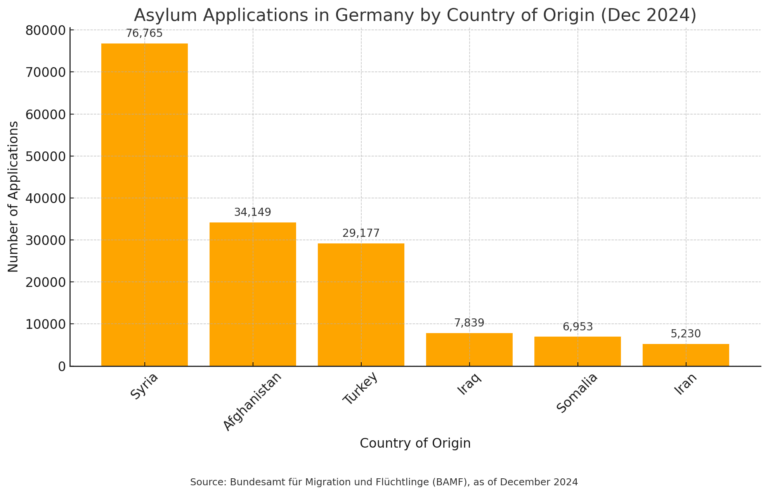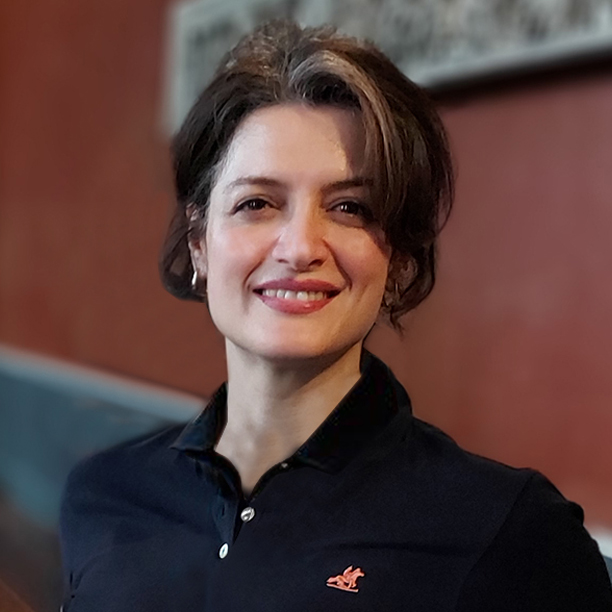About Us
Overview
The Sappho project focuses on women with a migration background who are affected by psychological and legal challenges.
The support system for women experiencing domestic violence in Germany is often unsuitable for many migrant women. This is due to several reasons:
Despite existing measures, many migrant women in Germany still face limited access to integration opportunities, German language courses, and social participation.
As a result, it is very difficult — if not impossible — for them to establish connections with support services in their new environment.
In some cases, migrant women manage to call the police (110) when they are in dangerous situations such as domestic violence. However, the assistance provided by German-speaking police officers can pose the same challenge again: insufficient knowledge of the German language.
Sappho consists of three main pillars:
Emergency App
Counselors
Legal Support
Sappho Way
With the support of Farsi-speaking experts, the Sappho app serves as a bridge between women from Iran, Afghanistan, and Tajikistan who are affected by domestic violence and the support system in Germany.
Be Happy,
not because everything is good, but because you can see the good side of everything.


Our Goals
The aim of this project is to act as a multiplier for migrant women — to help prevent domestic violence, strengthen their self-confidence and self-esteem, support their participation in the community, and offer them opportunities to find employment and achieve financial independence.
Milestones
First Phase
Establishing connections with consultants and lawyers in Germany who speak Farsi, Dari, and German.
Second Phase
Introducing the app to migrants and building trust in its use, while ensuring privacy and data protection.
Third Phase
Providing free services (e.g. psychotherapy, legal advice) based on German support structures, and developing the app further according to community needs — such as access to vocational training, skill-building, and job orientation.
Specifications
In 2024, most asylum seekers in Germany came from Syria, followed by Afghanistan, Turkey, Iraq, Somalia, and Iran.
[Source: Bundesamt für Migration und Flüchtlinge (BAMF), December 2024]
Given the current situation in Afghanistan and Iran, we expect a growing number of Farsi- and Dari-speaking women among refugees in Germany who will likely need targeted support and accessible resources.

We will help you every step of the way.
Questions and Answers
Zara Forouq Kanaani
A women rights activist and researcher living in Germany.
Zara Kanaani holds a Bachelor’s degree in Agricultural Engineering from the University of Tehran, a Master’s degree in Agricultural Engineering from the Islamic Azad University in Karaj, and a second Master’s degree in International Sustainable Agriculture with a focus on Management from the Georg-August University of Göttingen and the University of Kassel in Germany.
Since 2020, she has been pursuing a Ph.D. at the Department of Sociology of Rural Areas at the University of Kassel. Her research focuses on the relationship between the integration of refugees and the social sustainability of the rural city of Witzenhausen in the Werra-Meißner district. The study explores levels of integration, the political capacity of the municipality, and societal attitudes toward integration versus assimilation.
Kanaani began her volunteer work in 2009, supporting street-working children—mostly from Afghan immigrant families—in Iran. After migrating to Germany, she continued her engagement from 2014 onward. Her focus lies on the challenges faced by migrant women living in Germany. She is a board member of the association Frauen für Frauen, Frauen für Kinder.
In 2016, in recognition of her refugee support work, she was invited to the United Nations headquarters in Geneva, where she received a “Human Rights” certificate in the field of migration and asylum. Since then, she has initiated several publicly and privately supported projects, including the volunteer initiative Tell Me Your Story, which documents experiences of flight and refugee life. She is currently compiling and editing the collected stories for publication in book form.

